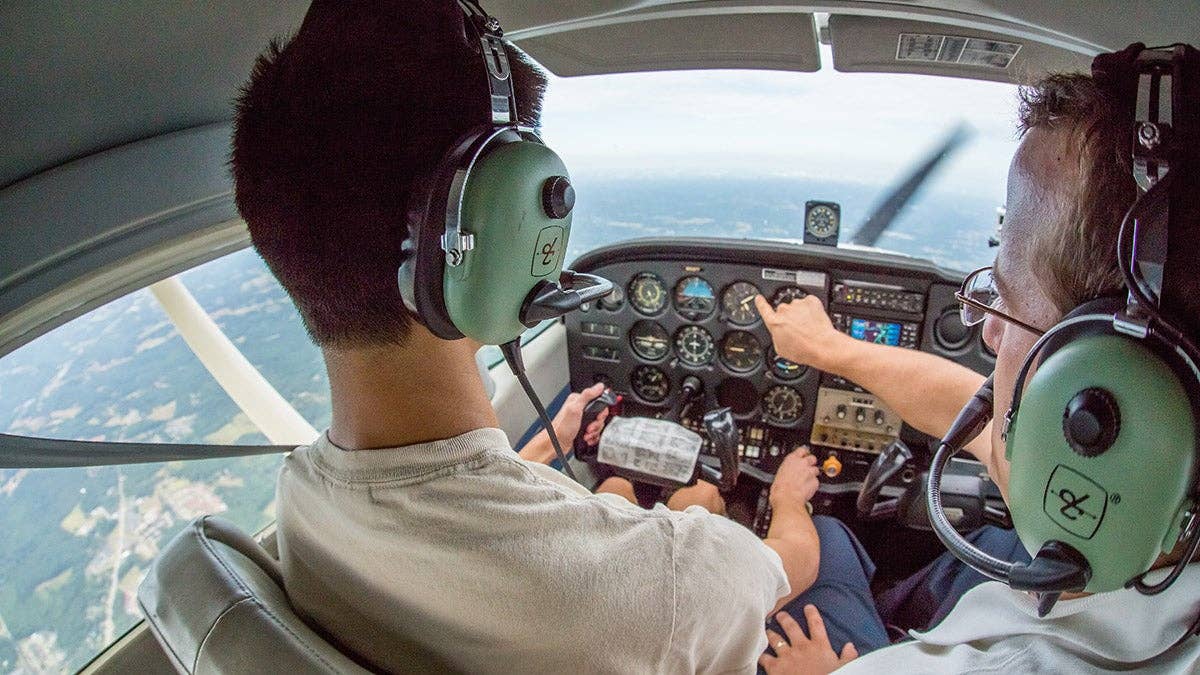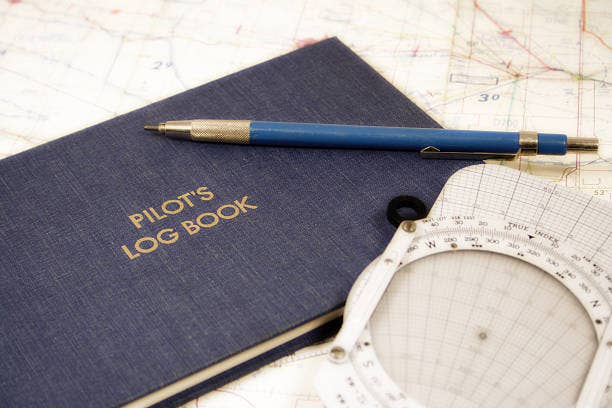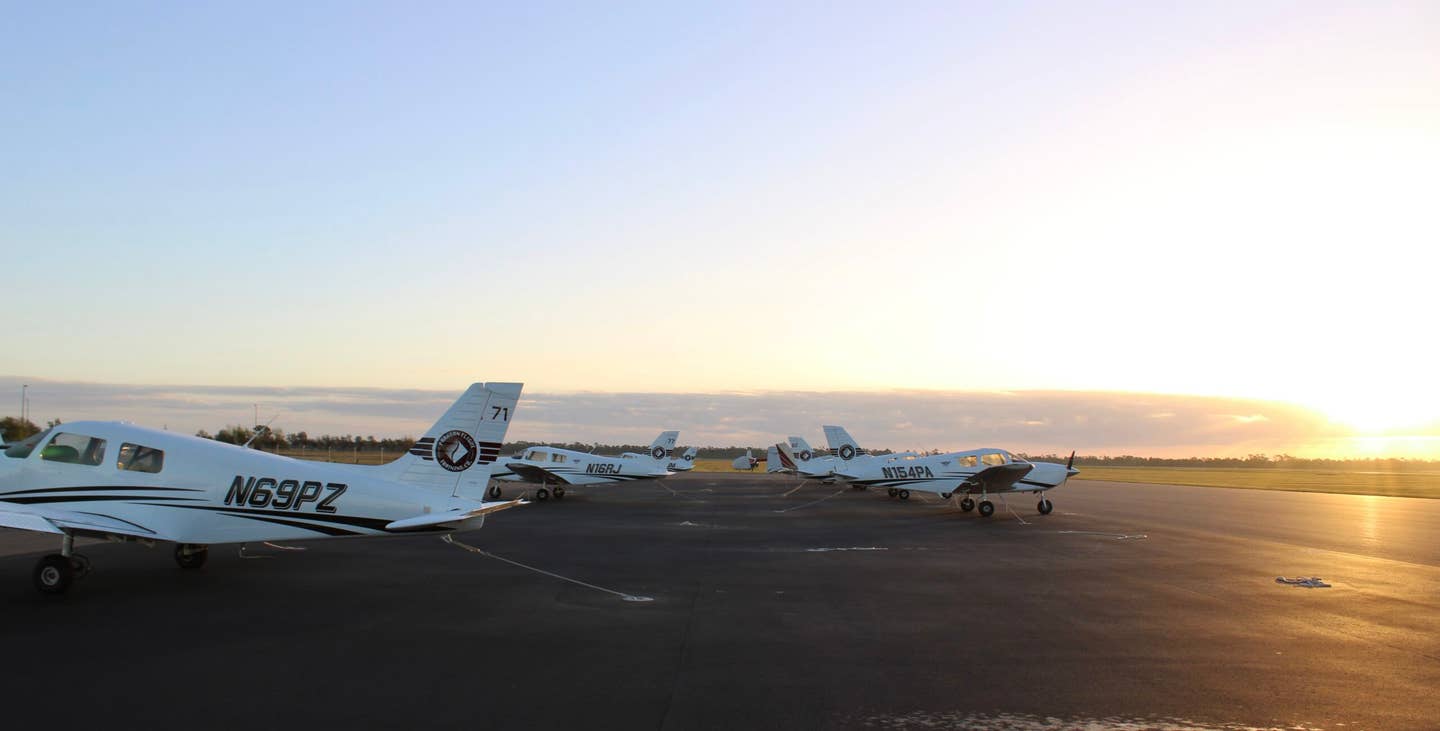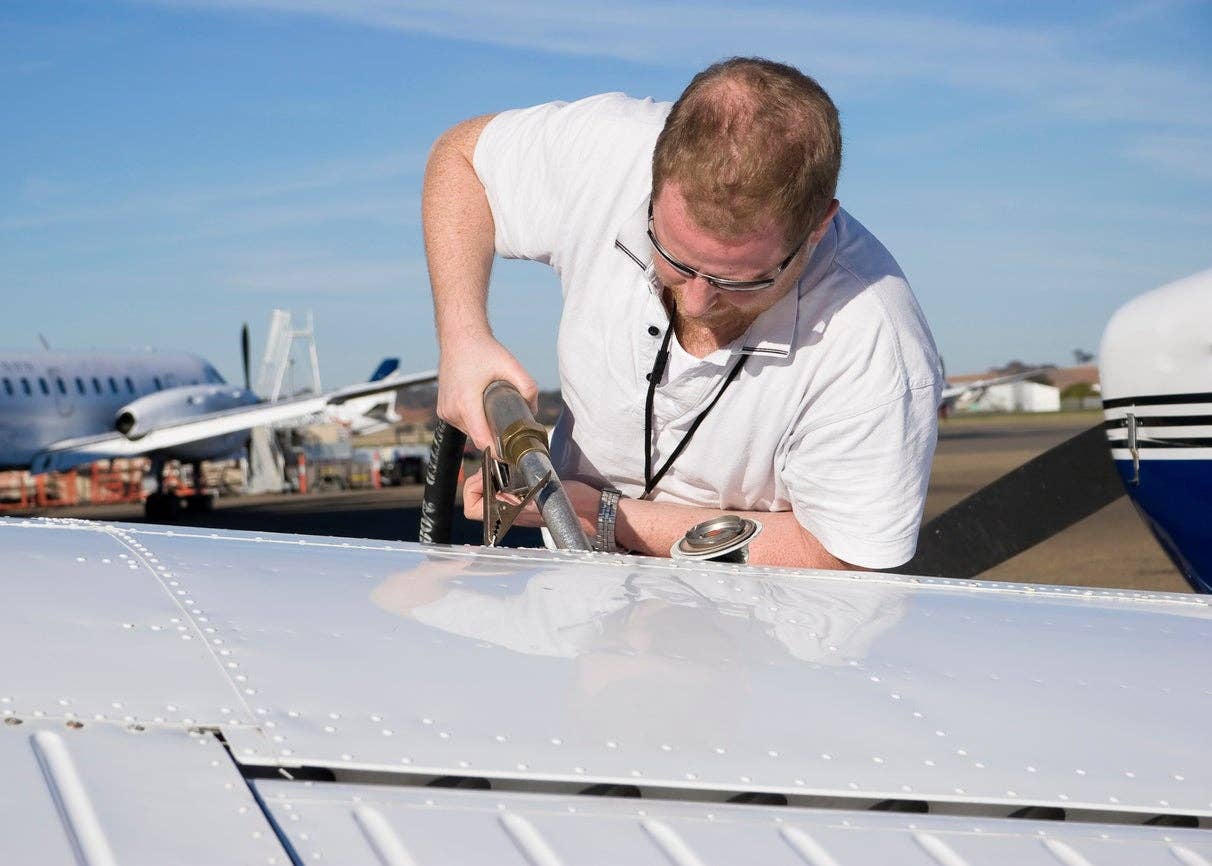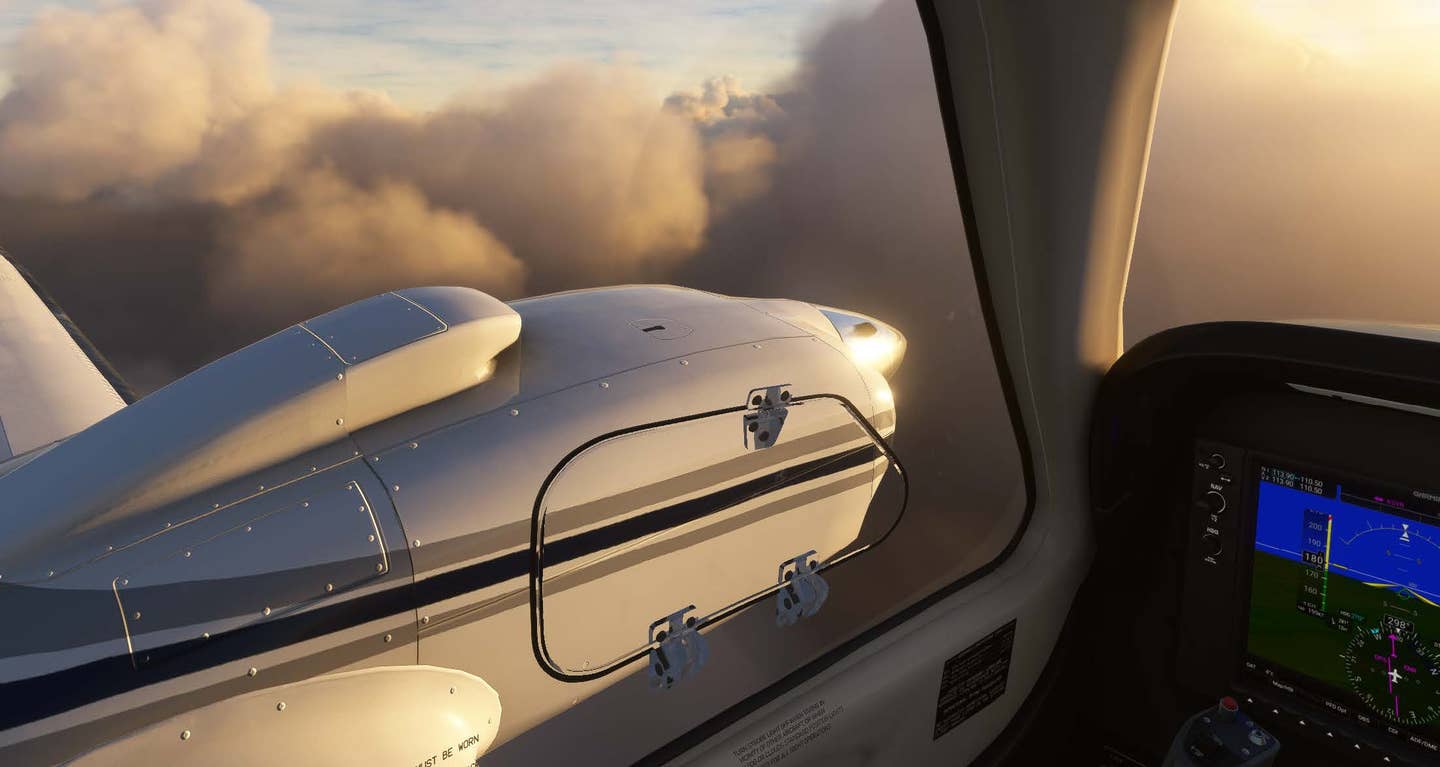
USAF Lt. Gen. Jacqueline Van Ovost outlines the push that the military is currently making to secure its pilot pipeline.
AOPA’s You Can Fly program—recent winner of the National Aeronautic Association’s Frank G. Brewer Trophy for its work to foster general aviation development—has focused much of its resources on targeting STEM (science, technology, engineering and math) coursework at the high school level. To this end, it has executed its fifth annual High School Aviation STEM Symposium, hosted November 10 to 12 in Denver, Colorado, and sponsored in part by United Airlines and The Boeing Company.
Bryan Quigley, senior vice president of flight operations for United Airlines, opened the conference with an inspiring segment demonstrating the wide range of professions available at the airline—including pilots, maintenance technicians, dispatchers and operations managers—among many others. His talk kicked off three days of programming and social activities for the more than 350 educators gathered for the conference. There was a waiting list to attend the sold-out event.
Elizabeth Tennyson, executive director of the You Can Fly program for AOPA, outlined the breadth of the association’s initiatives to develop aviation-centered curricula and other support services for educators to use to in the classroom. The programs serve a dual purpose—not only to illuminate different ways to approach STEM topics for teachers, but also to introduce aviation concepts (specifically general-aviation focused ones) to young people at the moment when they are perhaps determining a career path or life’s passion.
One keynote address from U.S. Air Force Lt. Gen. Jacqueline Van Ovost outlined current examples of unmanned aerial systems (UAS) used in military and civilian applications, among other programs. Van Ovost evoked images of Star Wars with stories of SkyBorg—the real-life R2D2 that supports pilots through artificial intelligence. “With the global shortage of pilots, we’re challenged to retain our pilots,” said Van Ovost. “We have to build our bench together in partnership with commercial industry.” She pointed out the collaboration with Civil Air Patrol as one example of helping to develop that pipeline. Van Ovost also mentioned the recent move to remove the absolute height restriction on military aviators, introducing flexibility into the parameters.
Other speakers included Col. Kevin Robbins, previous commander of the 1st Fighter Wing, Air Combat Command, and former commander for the U.S. Air Force Thunderbirds demonstration team, who engaged the audience with tales from his experience flying intense formation with fellow F-16 pilots. Addressing the future—specifically urban air mobility—was Mark Moore, director of engineering, vehicle systems for Uber. A dozen breakout sessions rounded out the event.
Next year’s symposium will take place in Orlando, Florida, on November 9 and 10, 2020.

Sign-up for newsletters & special offers!
Get the latest FLYING stories & special offers delivered directly to your inbox

